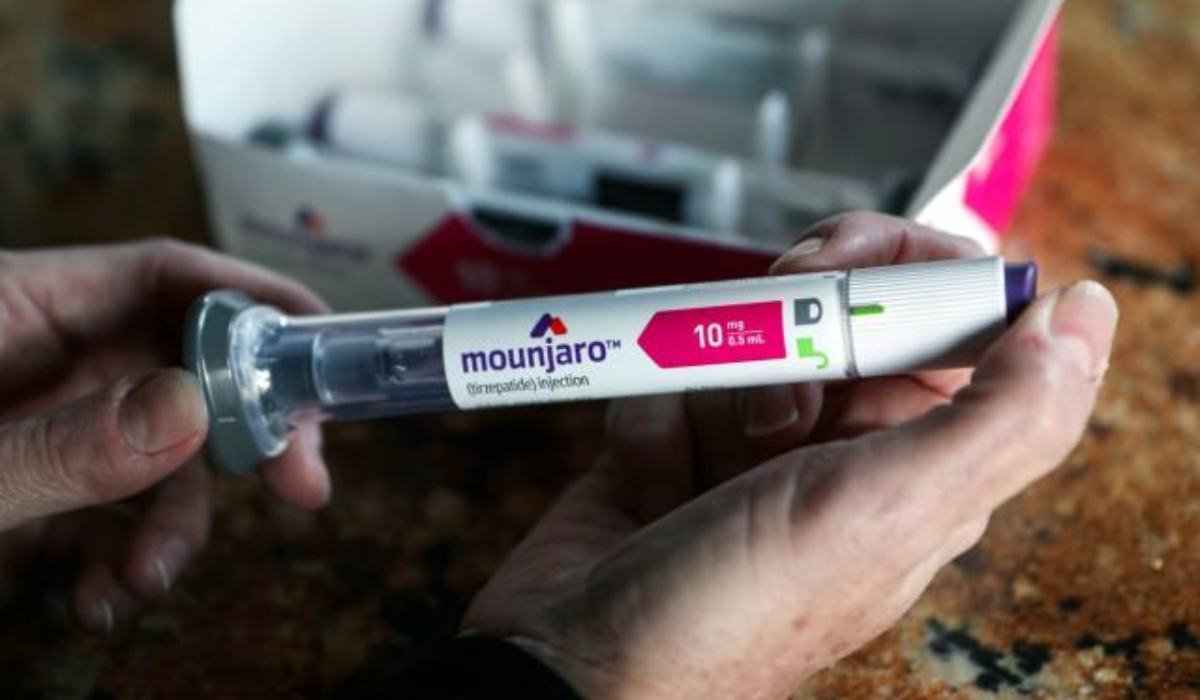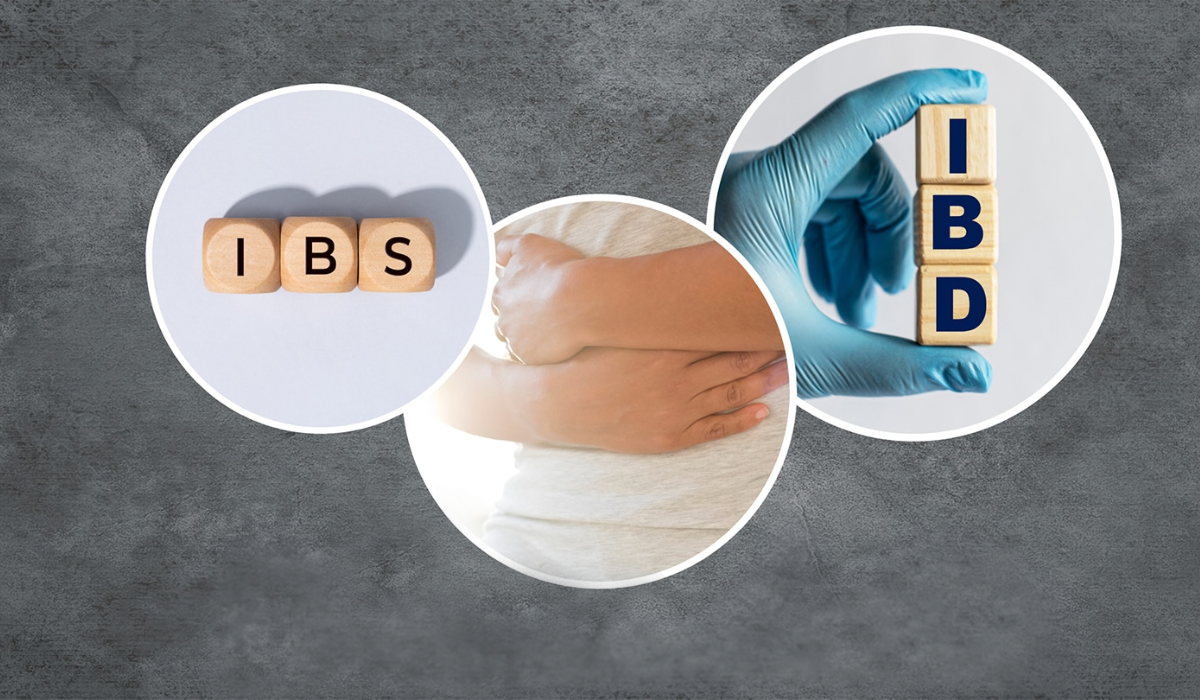Scott Read Pharmacy

Difference Between Alzheimer's and Dementia: Symptoms & Treatment Explained!
The phrases “dementia” and “Alzheimer’s” have been around for more than a century, so, people have most certainly been mixing them up for that long as well. But are dementia and Alzheimer’s the same thing?
No, it isn’t. So, it’s crucial to understand the difference between Alzheimer’s and dementia.
Dementia is a broad term that refers to symptoms that impair memory, everyday tasks, and communication skills. Alzheimer’s disease is the most frequent type of dementia, which deteriorates over time and has an impact on thought, language, and memory.
While dementia vs. Alzheimer’s disease can also affect younger people, your risk increases with age. Even though people over 65 are more likely to develop dementia or Alzheimer’s disease, neither condition is seen as a normal component of aging.
Although the symptoms of the two diseases may overlap, identifying them is critical for diagnosis and treatment.
In this blog, we will be considering what’s the differences between Alzheimer’s and dementia. If you or a loved one is dealing with Alzheimer’s, dementia, or have questions about related medications and support, you can also reach out to a community pharmacy in Houston. They can provide guidance on available treatments, medications, and support services to help manage these conditions and improve the quality of life for those affected by them. Let’s get started
What is Dementia?
Dementia refers to a set of symptoms associated with a deterioration in memory, reasoning, or other cognitive abilities. It is a phrase used to describe a deterioration in cognitive capacities within an individual’s brain; symptoms typically include changes to memory, conduct, and the capacity to do daily tasks.
There are numerous causes of dementia as well as numerous different forms of dementia. Aging does not necessarily cause dementia. It is brought on by damage to brain cells that interferes with their communication, which in turn affects thinking, behavior, and emotions.
In between 60 and 80 percent of dementia cases, Alzheimer’s disease is to blame. Although there is no cure for dementia, there are treatments that can alleviate symptoms.
The term “dementia” refers to a collection of symptoms that have an adverse effect on memory, whereas “Alzheimer’s” refers to a particular, slowly progressing brain illness.
The most typical form of dementia is this one. Alzheimer’s affects 60% to 80% of patients with dementia. It mainly affects adults over 65 years old and is a progressive disorder, meaning it gets worse with time. There is presently no treatment available for this illness.
It takes place when proteins (referred to as plaques) and fibers (referred to as tangles) accumulate in your brain, blocking nerve signals and killing nerve cells.
Trouble remembering new knowledge is the most typical early sign of Alzheimer’s disease, and symptoms worsen over time as the disease progresses.
Symptoms of Dementia
Rather than considering dementia as a single condition, consider it as a collection of symptoms that contribute to cognitive deterioration.
Dementia’s most typical signs and symptoms include:
- Having trouble remembering stuff
- difficulty carrying through daily tasks
- Behavioral abnormalities
- Having trouble concentrating and paying attention
- Neglecting self-care
- Having trouble communicating
Alzheimer’s disease symptoms
Many of the signs of dementia and those of Alzheimer’s disease are similar. However, Alzheimer’s patients don’t have dementia symptoms until later in the course of the disease. Depending on the phase of the disease you are experiencing, your specific symptoms of Alzheimer’s will vary.
The following signs and symptoms are the most typical:
- Difficulty carrying out routine duties
- extreme mood changes
- Behavioral alterations
- Having trouble organizing stuff
- Aggression
- Having trouble reading and writing
- Having trouble performing routine activities
- Withdrawal from social activities
- Getting lost in familiar surroundings
- Putting objects in strange places
- Illusions and hallucinations
Treatment for Dementia
The FDA has given certain drugs approval to treat dementia because they have been shown to enhance cognitive function. It contains cholinesterase inhibitors as well as memantine.
In serious circumstances, a combination of both drugs may be recommended. But make sure to get high-quality medications or supplements from leading drug store in Houston. With caution, medication for those symptoms may also be recommended if the patient is facing additional severe behavioral or sleep issues.
Treatment for Alzheimer’s
Alzheimer’s disease is a fatal, degenerative illness for which there is no known cure at this time. The good news is that there are treatments available to help people with this illness operate better and lessen the severity of their symptoms. To treat the symptoms, you need to connect with your healthcare professionals and get the right advice accordingly.
The FDA has approved cholinesterase inhibitors, Aduhelm (anti-amyloid antibody aducanumab), and Namenda (memantine), among other medications and therapeutic alternatives, for the management of various Alzheimer’s disease symptoms.
To Conclude
In conclusion, understanding the differences between Alzheimer’s and dementia is crucial for both patients and their caregivers. While they share common symptoms such as memory loss, confusion, and cognitive decline, Alzheimer’s disease is just one type of dementia among many. Dementia is the broader term encompassing various conditions that affect cognitive function, and Alzheimer’s is the most prevalent of these conditions.
Recognizing the key differences between Alzheimer’s and dementia can help individuals access the right treatments and support for their specific diagnosis.
In this blog, we have covered the basics, some common symptoms, and FDA-approved medications to relieve the symptoms. To get the best medications, make sure to get them from the reputed pharmacy in Houston.
If you are searching for one, you can reach out to Scott Read Pharmacy in Houston, which has a variety of medications and relevant supplements with the best quality and services.
For more information, connect with us at 832-649-3142
Recent Posts
Recent Blogs
Study Reveals: Mounjaro leads to far more weight loss than Ozempic.
Study finds Mounjaro outperforms Ozempic in weight loss If you struggle with obesity, you’ve undoubtedly already heard all of the…
IBS or IBD: How do these two diseases vary?
IBS or IBD: How do these two diseases vary? We’ve all had uncomfortable digestion at some point. Bloating, painful cramps,…
Are Weight Loss Medications Worth it? A Deep Dive Into it
Scott Read Pharmacy: Elevate your health journey with our personalized weight loss medications, ensuring safe and effective results. Trust us for…
Scott Read Pharmacy is proudly powered by WordPress










